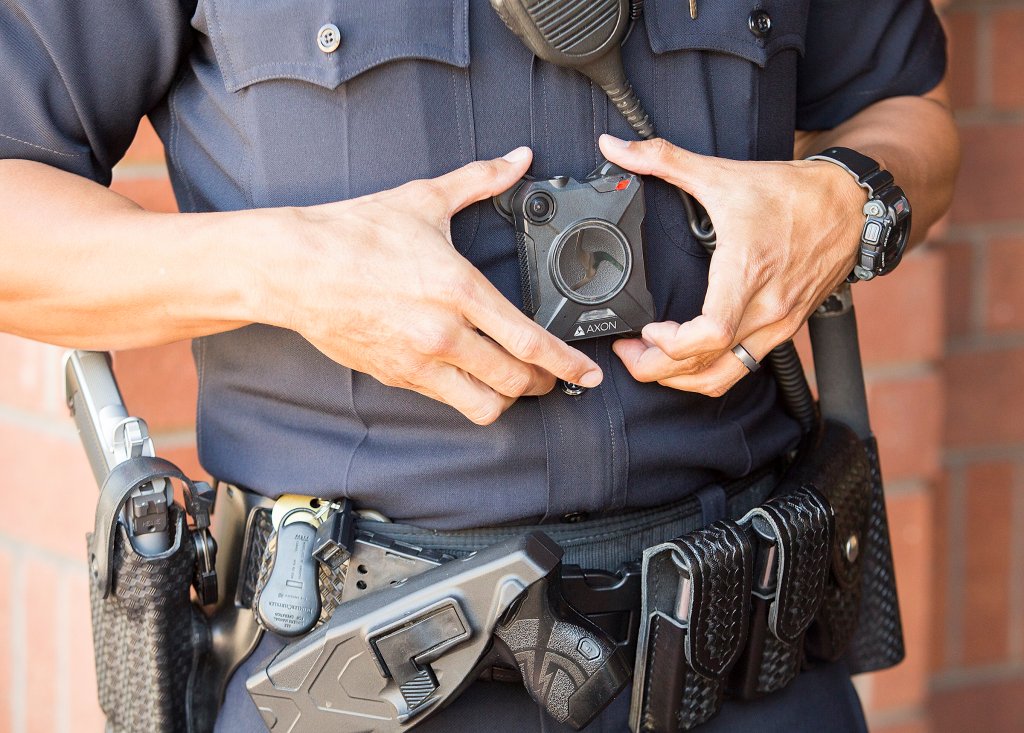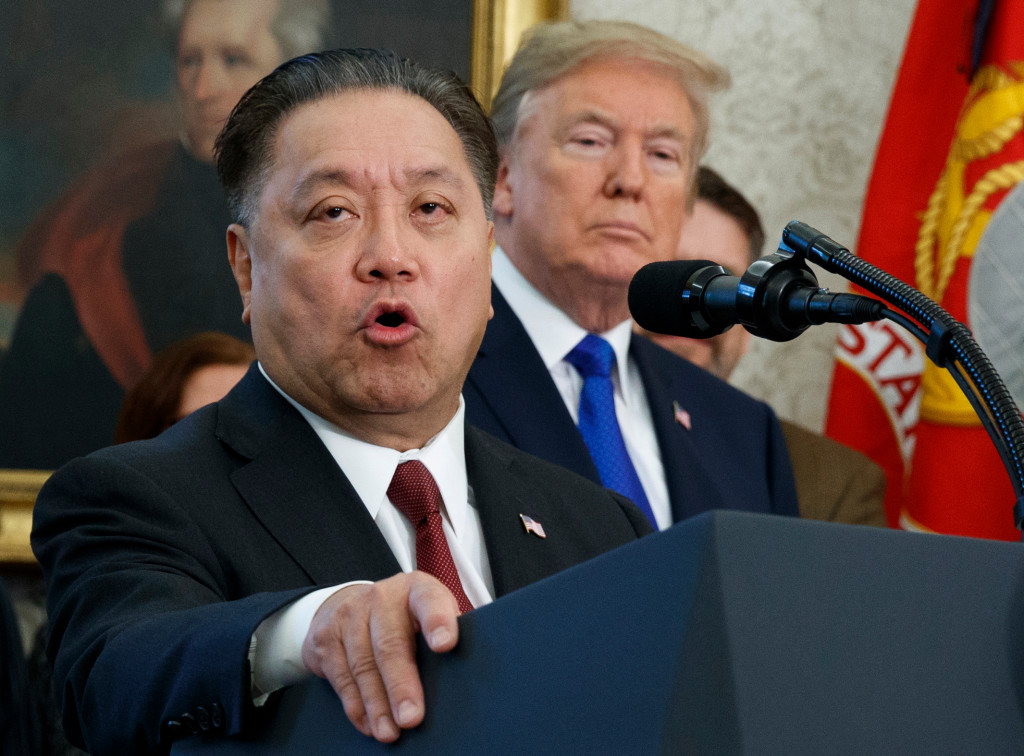Police in California will be banned from using facial recognition on body cams if Gov. Gavin Newsom signs a bill that the state assembly sent to him Thursday.
Assembly Bill 1215, written by Assemblyman Phil Ting, D-San Francisco, calls for a three-year moratorium on the technology, which privacy and civil rights groups have voiced concerns about.
“Let’s not become a police state and keep body cameras as they were originally intended – to provide police accountability and transparency,” Ting said in a statement after Thursday’s vote.
Numerous studies have shown facial recognition technology to be inaccurate, especially when trying to identify minorities or women. In August, the ACLU released results of an analysis that facial recognition software misidentified the faces of 26 California lawmakers. Among those whose faces were mistaken for mugshots was Ting.
“AB 1215 helps ensure Californians don’t become test subjects for an invasive and dangerous tracking technology that undermines our most fundamental civil liberties and human rights,” said Matt Cagle, an attorney for the ACLU of Northern California, in a statement.
Law enforcement groups oppose AB 1215, with the California Peace Officers Association putting it on a list of laws the group considers threats to effective policing and crime reduction. In addition, the Information Technology and Innovation Foundation, a Washington-based think tank, said in a statement, “Instead of banning facial recognition technology, California policymakers should create guardrails to prevent potential abuses.”
In June, the largest maker of police body cams vowed not to use facial recognition in the devices. Axon, formerly known as Taser, said it was following the recommendation of an ethics board it convened about a year ago. That board released a report that concluded facial recognition is not yet reliable enough to be used by law enforcement. Axon said it plans to revisit the issue.
At first, AB 1215 called for an indefinite ban on the facial recognition in body cams. But after the debate over the legislation, Ting reduced the time of the moratorium to seven years, then to three years.
Concerns from other lawmakers, police and feedback from the governor’s office played a part in having to scale back the duration of the ban, he said during a press call on Thursday ahead of the Assembly vote.
Acknowledging that privacy and civil rights concerns may still exist three years from now, “it’s very possible that we will have to bring it back up” after the moratorium expires, Ting said. “The most important thing is we’re starting to have a conversation about it.”
The bill, which would take effect Jan. 1, also bans the use of biometric scanning with police body cams.
In May, San Francisco became the first city in the nation to ban the use of facial recognition by all public agencies and police. Somerville, Massachusetts, followed suit in June, and Oakland became the third city to adopt such a ban in July. Berkeley is also considering a similar ban.
Newsom has until Oct. 13 to sign the bill.










